Mohammad’s Journey: Loss, survival, and the road to healing throughout Lebanon’s multiple crises
18.08.2025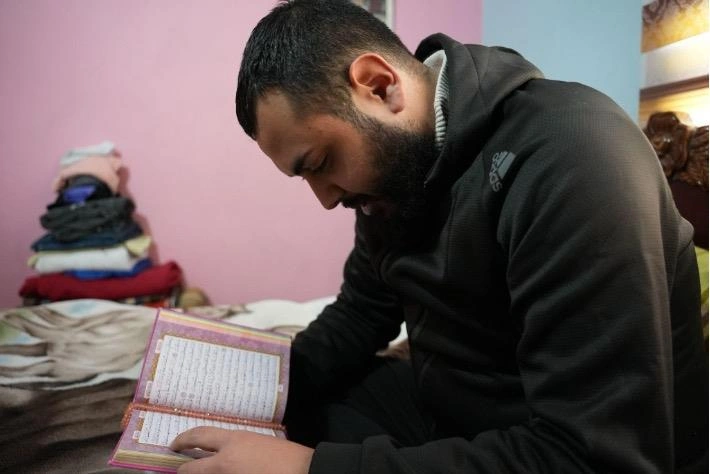
About
Pseudonym:
Mohammad
Age:
24
Nationality:
Lebanese
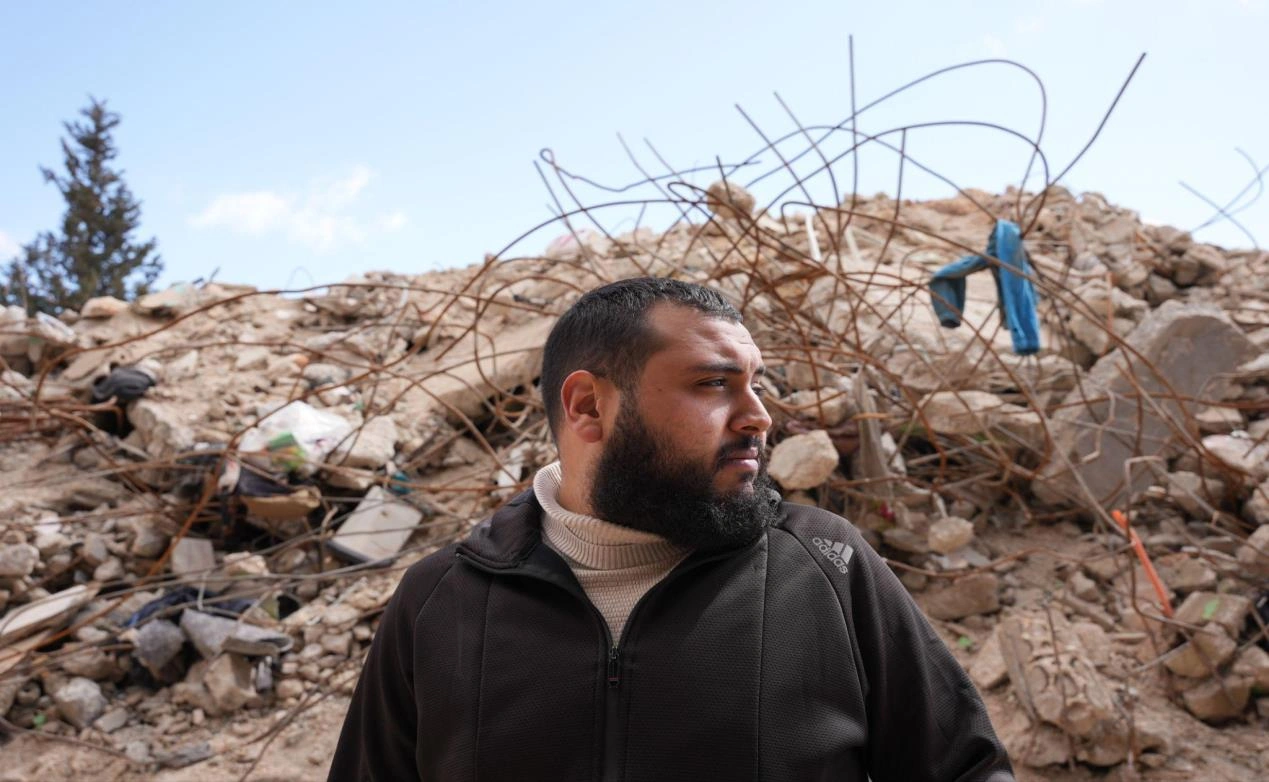
Sunday afternoon
On a Sunday afternoon, while Mohammad and his family were sitting in their kitchen together, preparing food, an Israeli airplane struck their neighbour’s house, killing eight people. Amongst them were his aunt and 21-year-old cousin. Mohammad and many others were also injured in the attack.
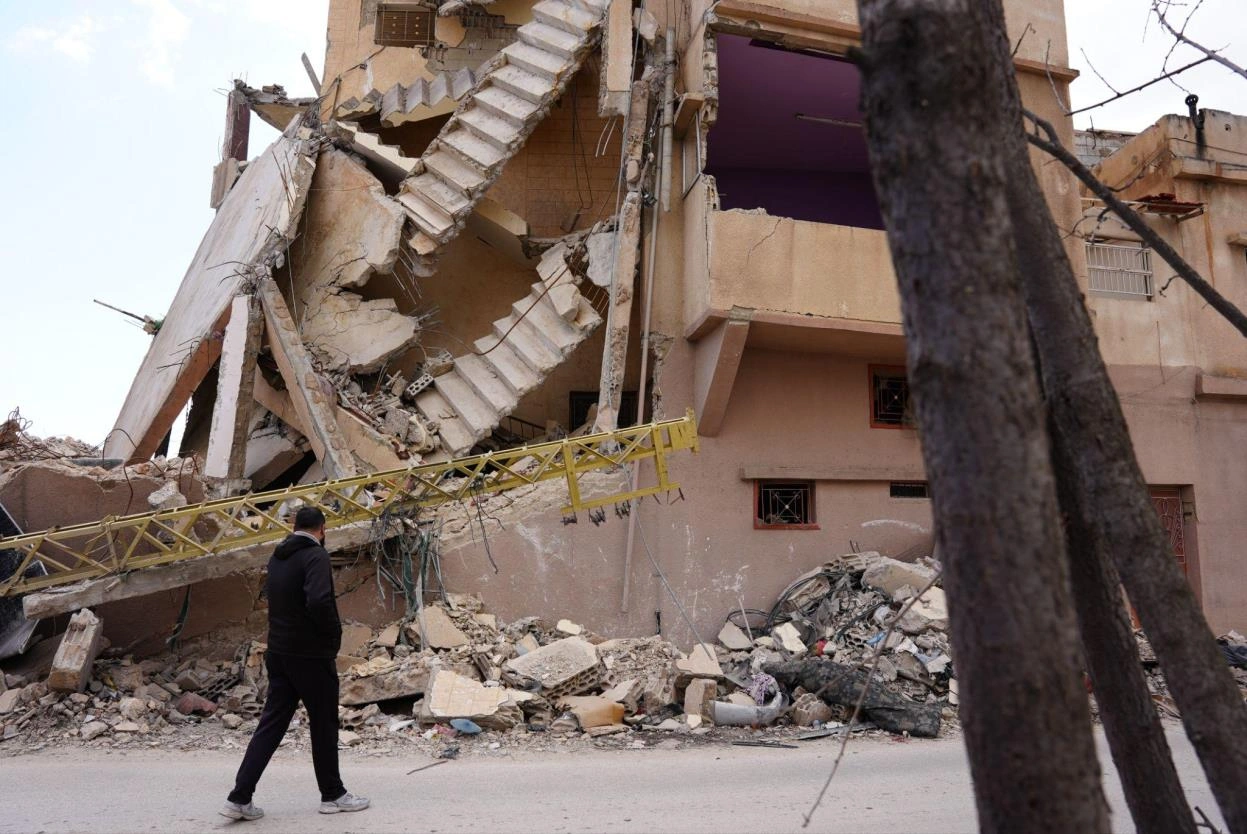
Day of the airstrike
Mohammad says he doesn't remember what happened after the airstrike, he just blacked out and suddenly found himself running down the stairs, in a cloud of rubble and debris. His first reaction was to go to his neighbour’s house to help and look for survivors. He did not even notice that he himself was injured, only after someone came up to him was he then taken to hospital. While getting treated in the hospital, Mohammad received the tragic news that his aunt and cousin were amongst those killed in the airstrike.
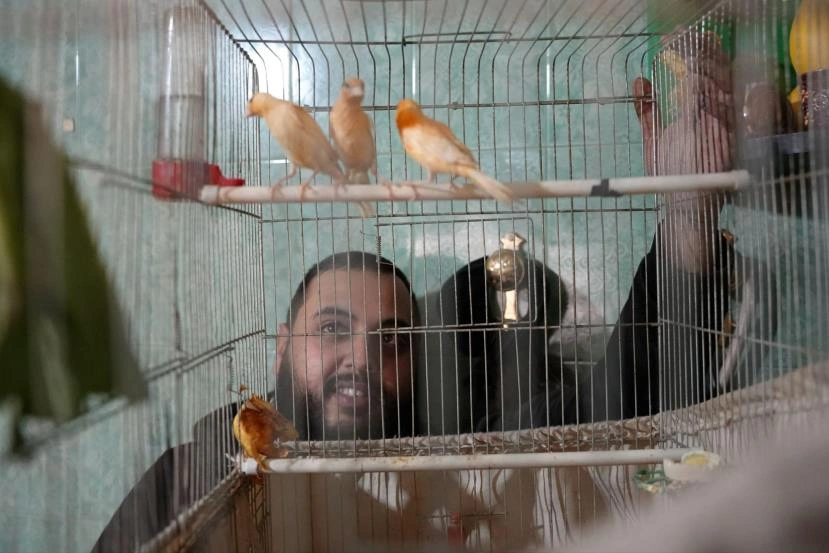
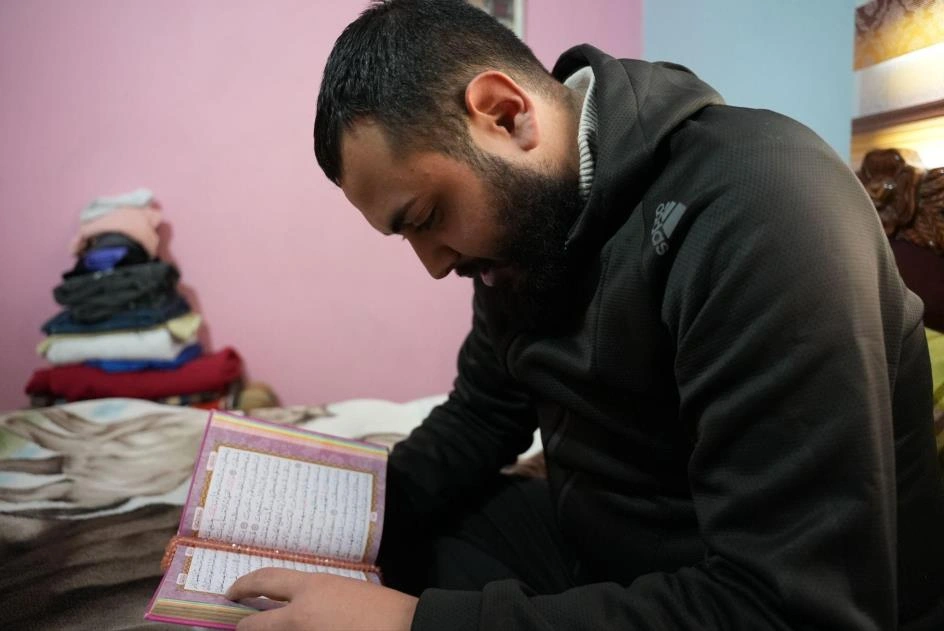
3 months after the war
Today, after more than 3 months after the war's end, Mohammad spends most of his time inside the house. He has not yet felt that he was able to return to his normal life, or his life before the war. Mohammad says: ‘I was in shock for two months after the airstrike, my mind was blank, I just drank coffee and smoked cigarettes. Sometimes I would spend two days without eating, I spent most of my time just sitting in my room reading the Quran and praying non stop, spending most of the time inside the house, sleeping early and waking up late. I felt that I needed a psychotherapist. I felt I hated everything and everyone’.
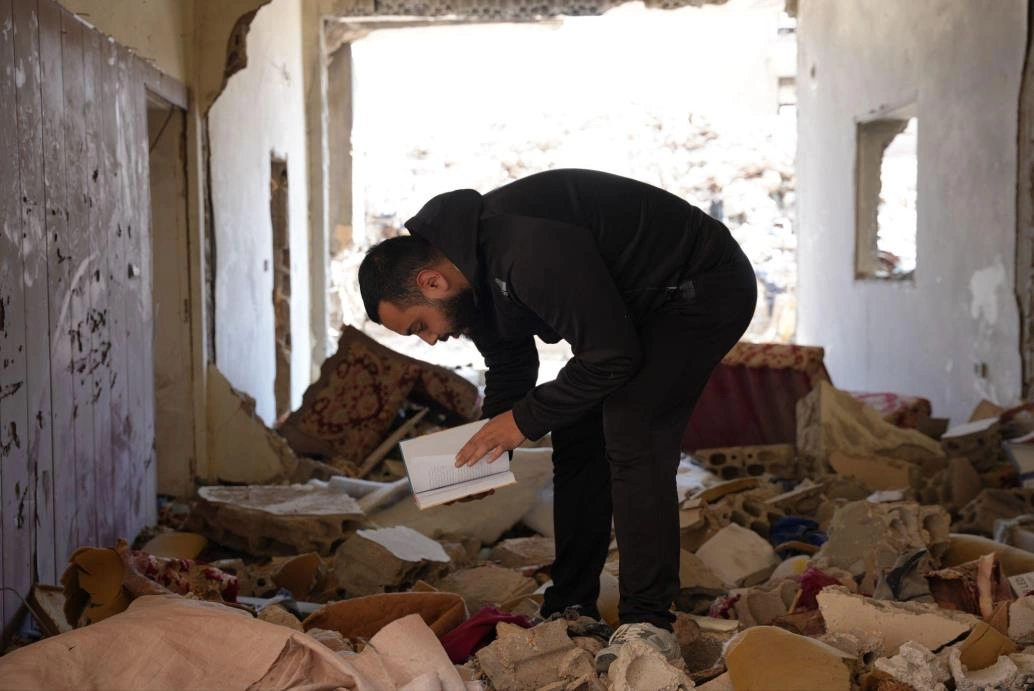
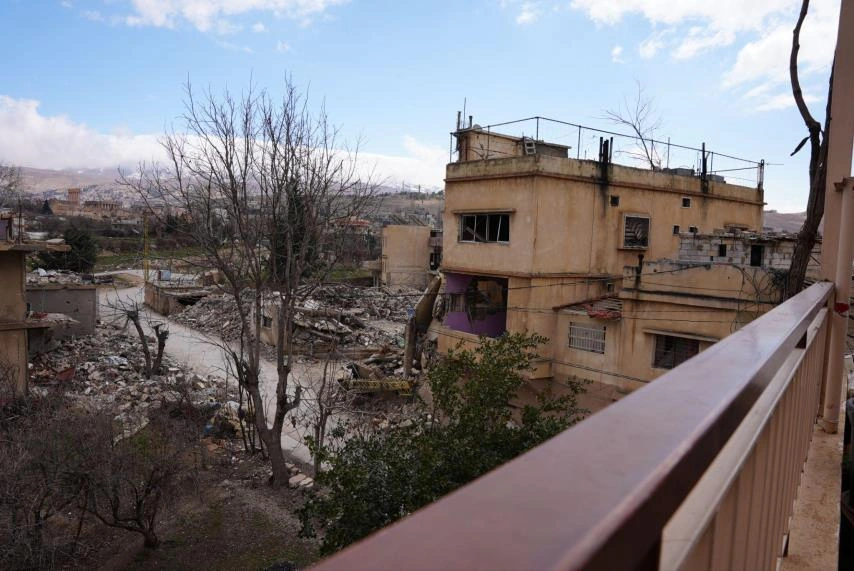
Grieving his aunt
The loss of his aunt and his cousin has made it extremely difficult to overcome the shock or think of anything else. Every time he looks out his window, he sees the sheer destruction looking back at him, 10 meters away, and whenever he looks at his mother's face, reality hits him back reminding him of the loss.
‘My mother has completely changed’, says Mohammad, ‘she stopped being able to laugh, she spends most of her time crying. She and her sister used to talk from their kitchen windows facing each other, but now it only reminds her of what she lost. The whole building collapsed except for the window’.
Mohammad had a great relationship with his aunt, she was his favourite, the one he spent the most time with as a child. She used to wake him up for Fajr prayer and bring him food to eat during Ramadan.
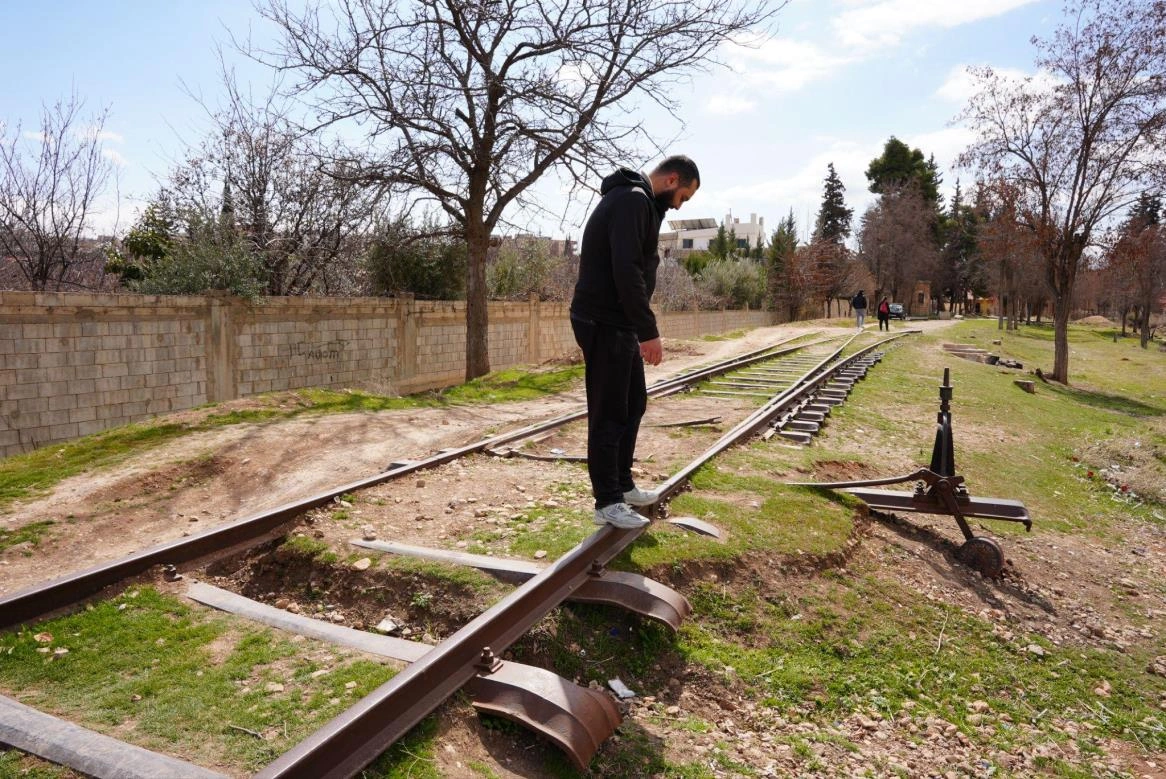
Stepping outside
After a while at home, Mohammad’s friends started calling him to convince him to get out of the house, so he could change his mood. Mohammad says: ‘Most of the time I wouldn’t answer their calls, but after they came to the house and insisted, I would go out, I made my first step outside the house’.
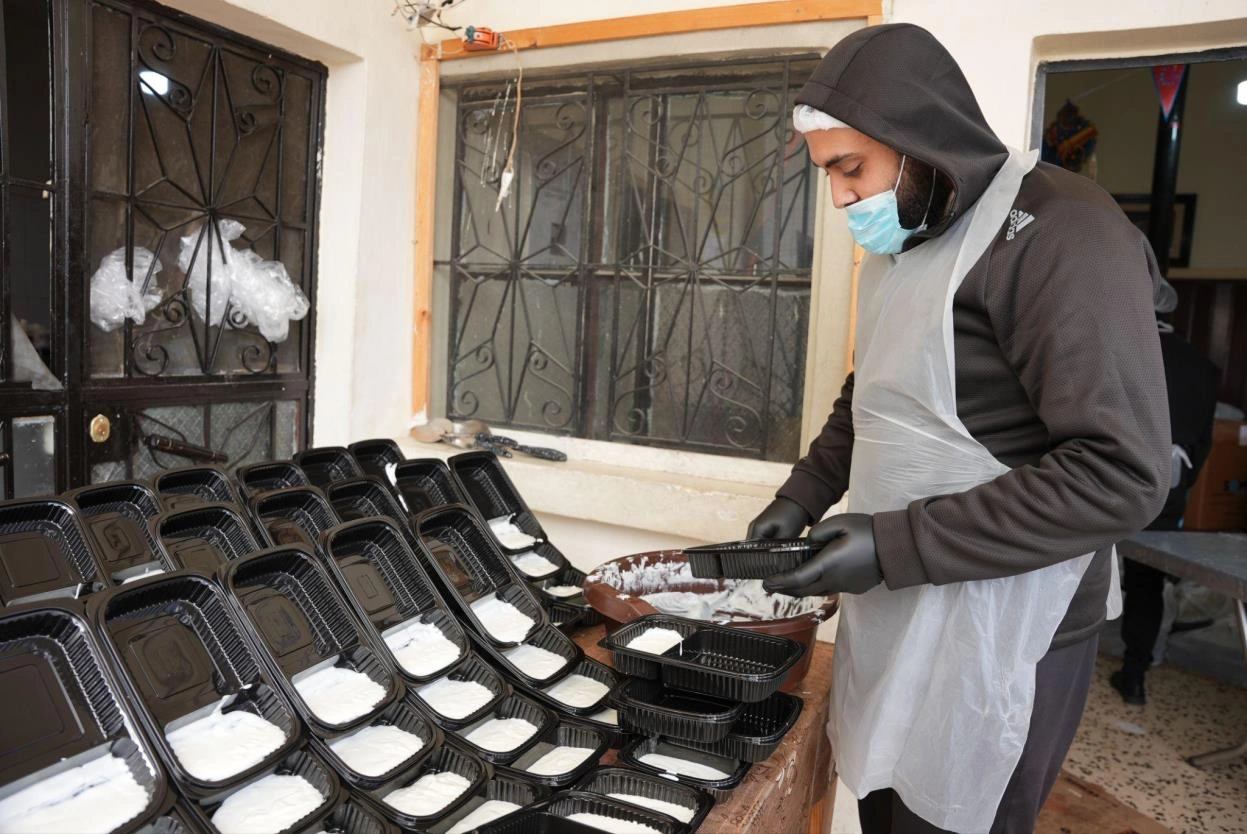
Volunteering in a local soup kitchen
Now Mohammad is helping out in a local soup kitchen, preparing food for displaced people from Lebanon and Syria. He walks to his work taking a longer way to the soup kitchen as a way to relieve his stress and negative feelings. He is still actively doing physiotherapy sessions for his hand injury, which left one of his fingers almost paralyzed.
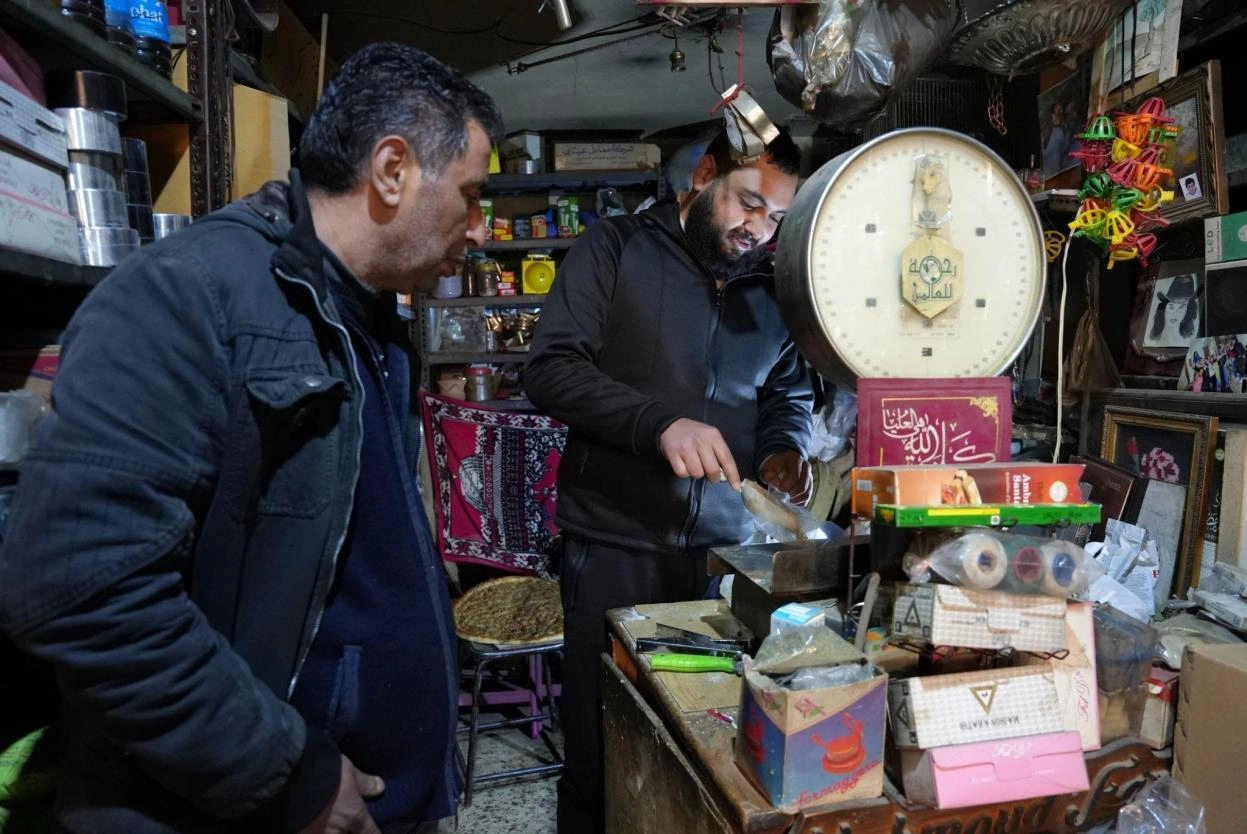
Rebuilding his home
After the war ended, Mohammad and his family went back to their house and started fixing it. Mohammad started helping his father at the shop to raise the necessary money to be able to fix the broken windows.
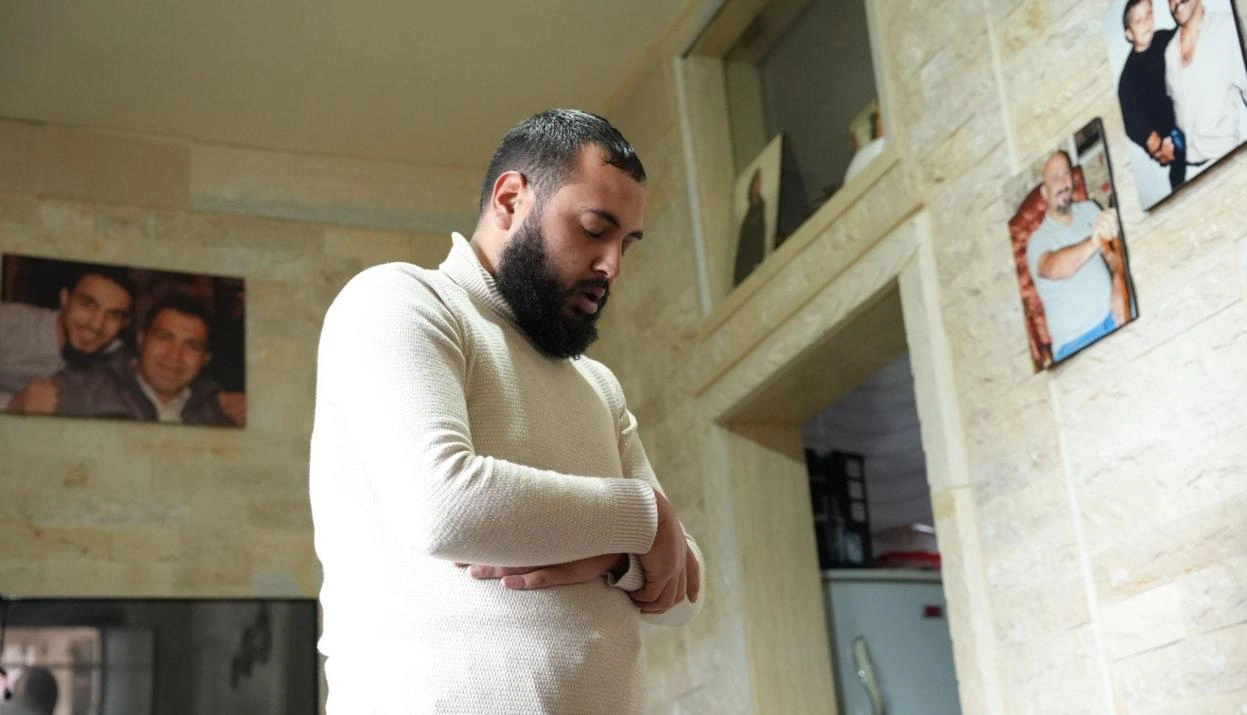
Civil Defence Centre was hit
During the war, there were practically no emergency response vehicles like the Lebanese Red Cross or Red Crescent operating in the city, except in some cases, the Palestinian Civil Defence, which operated from the Al Jaleel Refugee camp in Baalbeck. So after each air strike, the residents of Baalbek, would head to the location, in an attempt to help the injured, and drive them to the emergency room.
During another airstrike in Baalbeck, the local Lebanese Civil Defence Centre was hit badly killing all the members of its Baalbeck team. One of the volunteers was Mohammad’s best friend. After Mohammad heard that the Civil Centre was hit by an airstrike, he went to look for his friend, but did not find any trace of him.
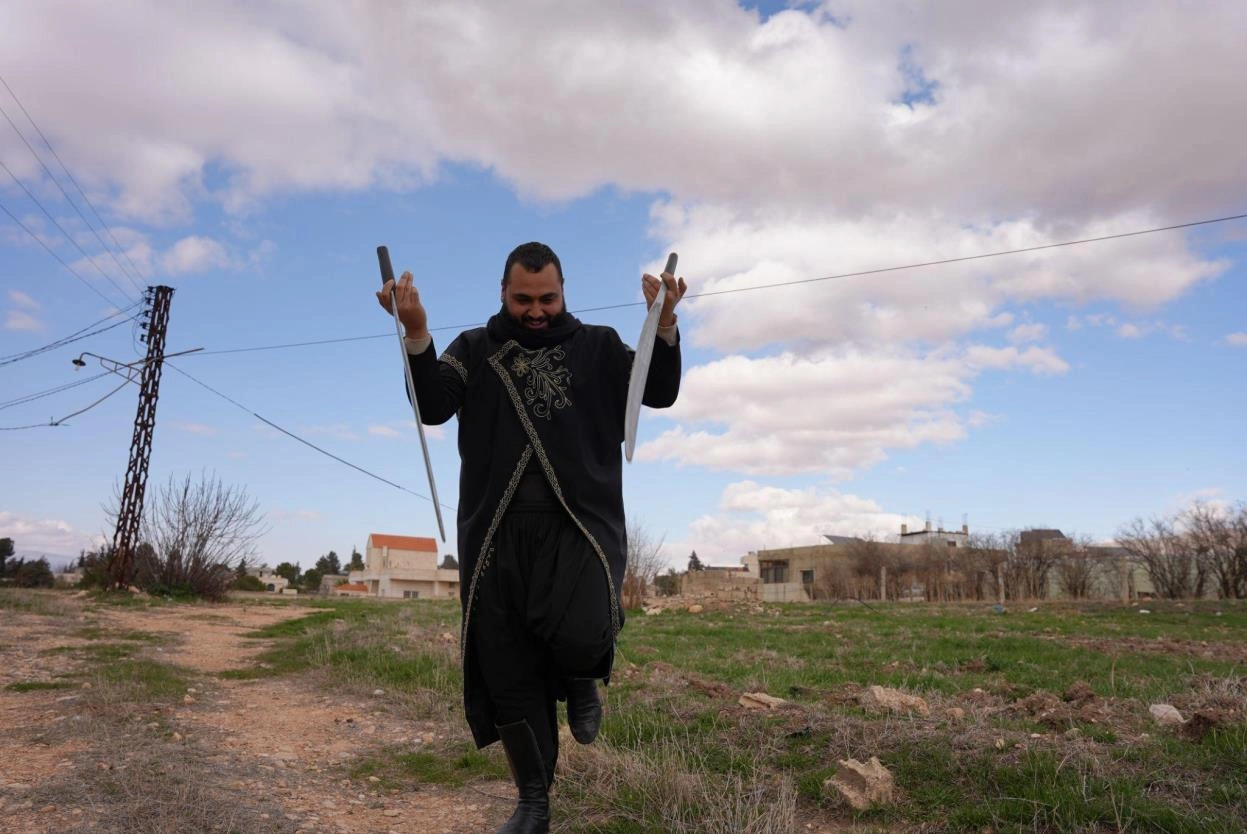
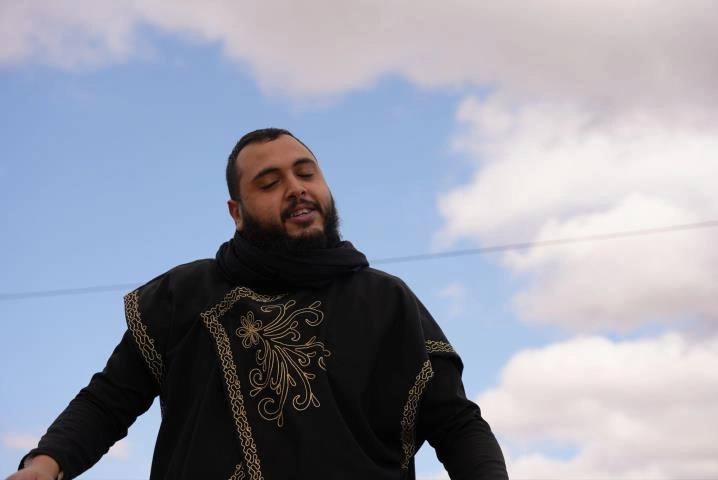
Re-joining the dancing group
Before the war Mohammad was an outgoing person, he met with friends all the time, went out to local cafe’s, loved hunting, stayed up late, and just loved to be alive. Mohammad was a part of a well-known traditional dancing group from Baalbek, he considered it more than just a hobby but a future stable income source.
Recently, for the first time after the war, the dancing group decided to recommence their activities, and dance in weddings, graduations, and events, performing the traditional Dabke dance with a modern twist. This dance reminds Mohammad of who he was before the war, bringing him closer to the road to healing.
Mohammad Ali is a 24-year-old Lebanese man living in Baalbek, Lebanon. He began participating in the Gender and Adolescence: Global Evidence (GAGE) participatory research programme in 2019. Mohammad left formal education at the secondary level and enrolled in a vocational school, majoring in communication studies.
However, when the 2019 anti-government protests began, followed by the COVID-19 pandemic, his vocational school was forced to close. As a result, students received their end-of-year certifications without completing their studies. As the Lebanese crisis worsened, Mohammad could no longer afford school fees and transportation costs. Although he attempted to continue his education, he ultimately had to stop, burdened by financial constraints and a growing sense of hopelessness regarding the value of education, given the decline in job opportunities and salaries.
Despite these challenges, Mohammad has remained active in his community, participating in several programmes with local organizations over the years, which also provided him with some income. He has maintained a close relationship with his family and strong bonds with his friends.
Following the Israeli war on Lebanon in 2024, Mohammad lost his aunt and cousin, a tragedy that deeply affected his and his family’s psychosocial well-being as well as their daily lives. He is trying to cope with his loss but continues to struggle, especially as he is also recovering from injuries sustained during an Israeli airstrike.
Details
Country
Lebanon
Audience type
Young person
